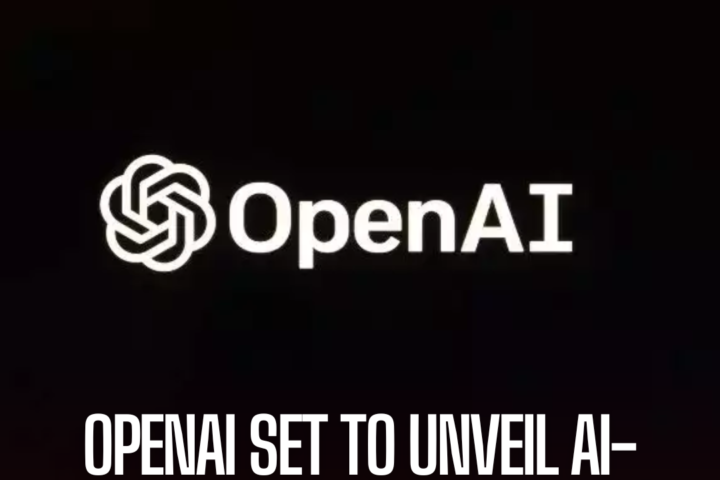Open Source Efficient LLMs (OpenELM) represent a significant advancement in AI technology. They offer retrainable models designed for seamless integration into diverse projects.
Spearheaded by Apple, these models prioritize accuracy and efficiency, catering to the needs of researchers and developers alike.
Key Features and Development:
OpenELM comprises four models, pre-trained on the CoreNet data library, with the largest boasting 3 billion parameters.
Despite their compact size, these models deliver impressive performance comparable to larger counterparts, making them ideal for specialized applications and research endeavors.
Performance and Improvement:
Apple’s research demonstrates notable accuracy enhancements with OpenELM, outperforming similar-sized models by 2.36%.
This achievement underscores the effectiveness of optimizing AI models for efficiency without sacrificing quality.
MLX Toolkit Integration:
The release of OpenELM coincides with Apple’s provision of MLX library code, which facilitates the deployment of AI models on Apple chipsets.
This integration paves the way for groundbreaking advances in wearable technology, potentially empowering future Apple AR glasses with onboard AI capabilities for enhanced user experiences.
Implications for iPhone and Beyond:
While OpenELM initially serves as a research initiative, its implications for device integration are profound. Apple’s commitment to optimizing AI models for on-device execution aligns with its long-term strategy of enhancing user experiences across iPhones, iPads, and MacBooks.
By prioritizing efficiency without compromising functionality, Apple aims to elevate the performance of AI-driven features such as Siri and create innovative app experiences.























